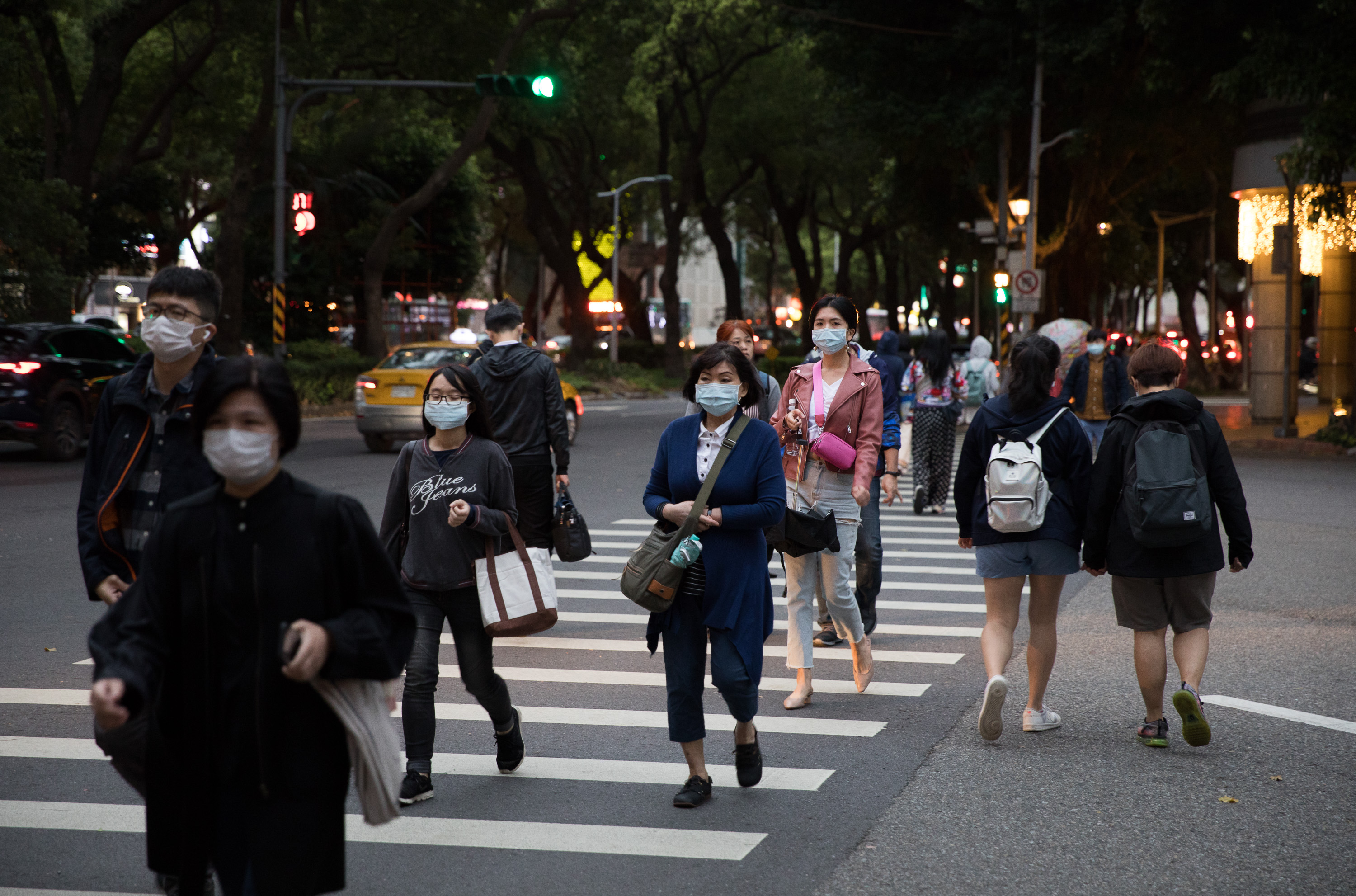
Photo taken on June 20, 2019 shows a night view of Taipei, southeast China's Taiwan. /Xinhua
Photo taken on June 20, 2019 shows a night view of Taipei, southeast China's Taiwan. /Xinhua
Editor's note: Zhong Houtao is the researcher of the Taiwan Studies Institute, CASS. The article reflects the author's opinions, and not necessarily the views of CGTN.
The 1992 Consensus, a tacit agreement reached between the mainland and the then-Kuomintang (KMT) authority in 1992, has been a longstanding policy framework of the KMT. However, the party did not mention the 1992 Consensus in the recent discussion of its policy towards the Chinese mainland on June 19.
This clearly shows that the KMT is taking the 1992 Consensus as a liability rather than an asset and might prepare to discard it; but will this bring bright future for the KMT's development? The answer is absolutely not.
1992 Consensus: The key for the KMT to regain power
The 1992 Consensus has long been regarded as one of the advantages over the Democratic Progressive Party (DPP). In the 2008 and 2012 Taiwan leadership elections, the KMT won by more than 50 percent of the votes thanks to embracing the Consensus. And in the 2018 Taiwan local elections, the KMT gained a sweeping victory by taking 15 of Taiwan's entire 22 cities and counties versus the DPP's six.
However, with the loss of the 2020 leadership election on the island, the KMT began to reexamine the importance of the 1992 Consensus.
In order to be less considered under a so-called "pro-China" image, the KMT reform committee proposes the alleged four pillars to shape a new relationship with the mainland, including "safeguarding the sovereignty of the People's Republic of China," protecting democracy and human rights, prioritizing Taiwan's security, building a win-win situation and prosperity on both sides of the Straits.
These proposals are just parroting the rhetoric of the DPP, resulting in, undoubtedly, severe critics within the party that asserting that the KMT is moving in the wrong direction which is quite similar to the DPP's stance. If the KMT refuses to stick to the 1992 Consensus, how can it attract its staunch supporters? It is highly possible that this will lead to a further major defeat in the upcoming local leadership elections because to attract votes from the DPP by discarding the 1992 Consensus is but a political self-deceptive illusion.

People wearing masks walk on street in Taipei, southeast China's Taiwan, March 30, 2020. /Xinhua
People wearing masks walk on street in Taipei, southeast China's Taiwan, March 30, 2020. /Xinhua
1992 Consensus: The key to smooth communication with the mainland
As the cornerstone of cross-Straits relations, the 1992 Consensus allows the mainland and Taiwan to put aside their differences so that tensions can be reduced and mutually beneficial relations sustained. During the KMT's administration from 2008 to 2016, by upholding the 1992 Consensus, the two sides have achieved overall "Three direct links" (which refers to direct mail, transport and trade links across the Taiwan Straits), initiated substantial exchanges, communication cooperation and reached more than 20 agreements including the Economic Cooperation Framework Agreement (ECFA).
After the DPP took power in 2016, relations between the mainland and Taiwan have been deteriorating as it destroys the foundation for the dialogue between the two sides. In face of current complex and changing cross-Straits circumstances, the KMT should shoulder its responsibility and highlight its advantage to find a way to coexist with the mainland and prevent the intensifying antagonism and differences between the two sides. And the key for the KMT to break the deadlock, ameliorate tensions and maintain favorable relations with the mainland is to stick to the 1992 Consensus.
1992 Consensus: The key for cross-Straits' peace and stability
When Ma Ying-jeou was the leader of Taiwan, the mainland and the island which deeply engaged in political, economic and cultural dialogues, have made the greatest effort to maintain peace and stability, and gained overall approval and applause from the international community. Besides, Taiwan successfully participated in the World Health Assembly (WHA), International Civil Aviation Organization (ICAO) and other important international organizations, working hand-in-hand with the Chinese mainland to make concrete contributions to peace, stability and prosperity in the Asian region.
However, during Tsai Ing-wen's administration, official dialogue stopped because she refuses to accept the 1992 Consensus. Nevertheless, the Tsai Ing-wen administration is breaking the status quo and intensifying a confrontational atmosphere by courting the United States. In face of such severe circumstances, it's the time for the KMT to play the role of "peace promoter" on the basis of the 1992 Consensus and communicate with the mainland.
As for now, the KMT is facing a serious crisis, a party split from the inside and DPP oppression from the outside. In the future, the KMT should staunchly stick to the 1992 Consensus to reverse the severe situation between the mainland and Taiwan, and promote peace and stability in the region. Only in this way can it revitalize itself and regain people's trust.
(If you want to contribute and have specific expertise, please contact us at opinions@cgtn.com)